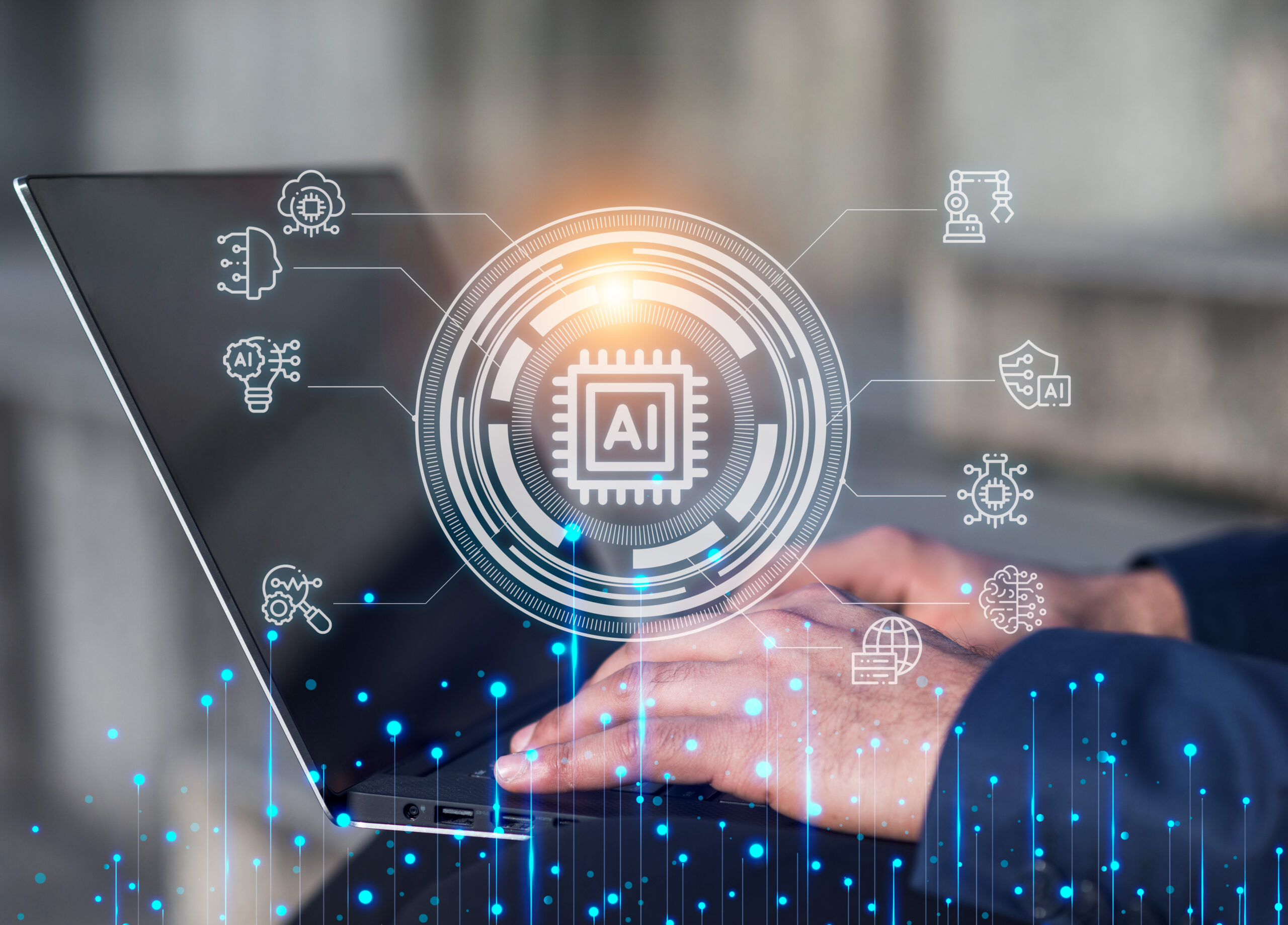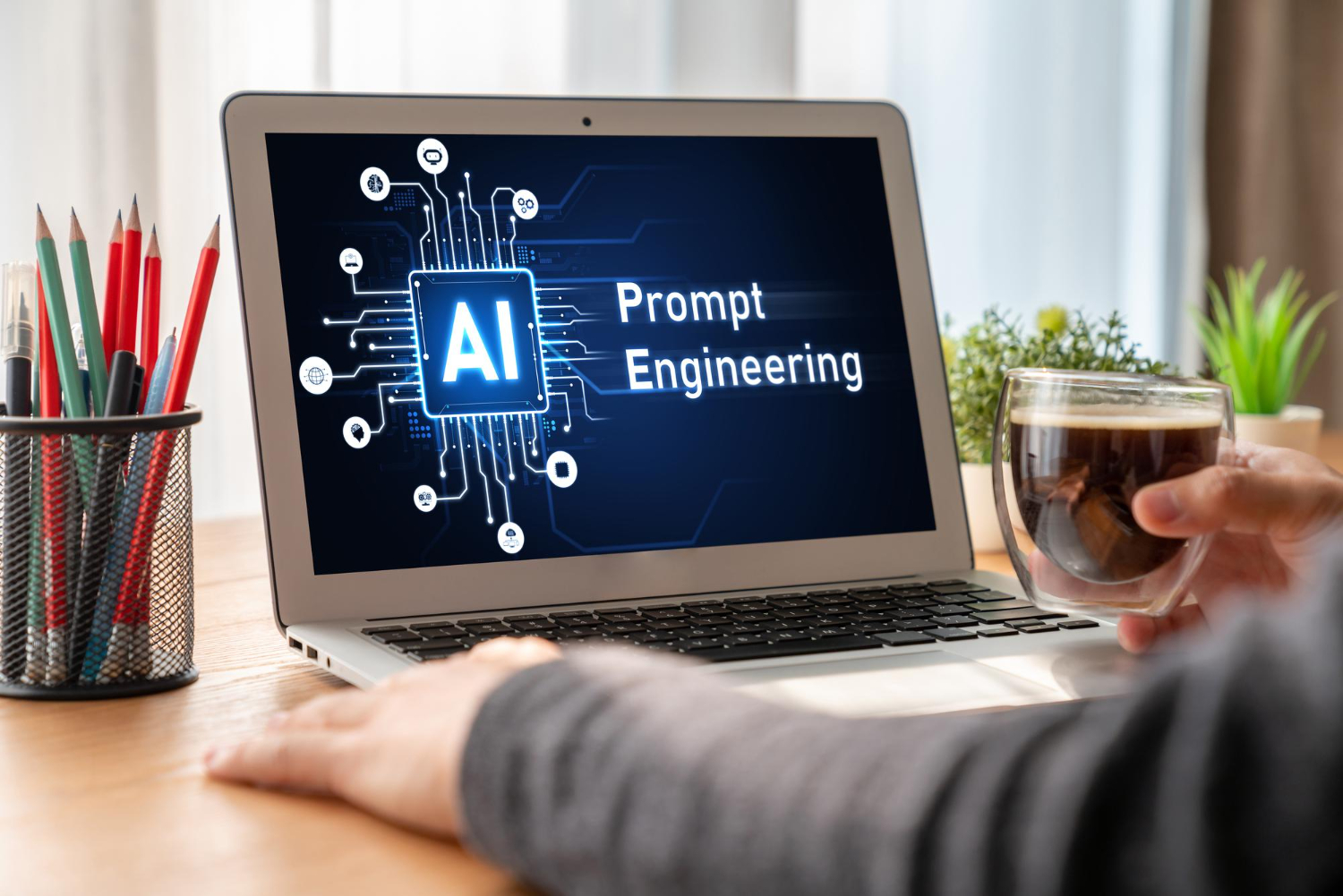In today’s rapidly evolving technological landscape, artificial intelligence (AI) is transforming industries across the board. From healthcare to finance, AI has the potential to revolutionize the way we work and live. One area where AI is making significant strides is software testing. Traditionally, software testing has been a labor-intensive process that requires human testers to meticulously check code for errors and bugs. However, with the advent of AI, there is a growing debate about whether AI will replace software testers altogether. In this article, we will explore the current state of AI in software testing, discuss its potential future, and ultimately determine the impact it will have on the industry.
AI and Software Testing
Before delving into the future of AI in software testing, it is essential to understand the role AI plays in this context. AI, in its most basic definition, refers to the ability of a computer or machine to mimic intelligent human behavior. In the software testing realm, AI is used to automate testing processes, analyze vast amounts of data, and identify patterns and anomalies. By leveraging machine learning algorithms, AI can learn from previous testing experiences and improve its ability to detect bugs and errors in software.
AI and Software Testing: The Current State
Currently, AI is already being used in various aspects of software testing. One of the primary areas where AI is making an impact is test automation. Test automation involves writing scripts that simulate user interactions with software applications. These scripts are then executed by AI-powered tools, which can rapidly perform tests and identify any issues or bugs. This automation significantly speeds up the testing process and reduces human error.
AI is also being utilized in the realm of test data generation. One of the challenges in software testing is creating realistic test data that covers a wide range of scenarios. AI can generate synthetic test data based on patterns and trends observed in real-world data. This synthetic data can then be used to test software applications, ensuring that they perform as expected in various situations.
Furthermore, AI is being used to enhance the efficiency and accuracy of defect prediction. By analyzing historical data and identifying patterns, AI algorithms can predict potential defects in software code. This allows testers to focus their efforts on areas that are more likely to have issues, saving time and resources.
Overall, the current state of AI in software testing is promising. It has the potential to greatly improve the efficiency and effectiveness of testing processes. However, it is important to note that AI is not meant to replace software testers but rather augment their capabilities. AI can handle repetitive and mundane tasks, allowing testers to focus on more complex and critical aspects of testing.
AI and Software Testing: The Future
As AI continues to advance, its role in software testing is likely to expand. In the future, we can expect AI to take on more sophisticated testing tasks, such as exploratory testing. Exploratory testing involves the tester actively exploring the software application to uncover potential issues. It requires creativity and intuition, which are traditionally considered uniquely human traits. However, with the development of AI algorithms that can analyze user behavior and identify patterns, AI could potentially assist in exploratory testing, providing valuable insights and suggestions to testers.
Another area where AI is likely to make significant strides is in the realm of continuous testing. Continuous testing involves integrating testing into the software development and deployment pipeline. It ensures that software is constantly tested throughout its lifecycle, enabling faster and more frequent releases. AI can play a crucial role in continuous testing by automatically analyzing code changes, identifying potential risks, and suggesting appropriate tests. This can greatly enhance the agility and speed of software development and deployment processes.
AI also has the potential to improve the accuracy of test case selection. Test case selection is a critical aspect of software testing, as it determines which test cases are executed to ensure maximum software coverage. AI algorithms can analyze code changes, requirements, and historical data to intelligently select the most relevant test cases. This can lead to more efficient testing and better overall software quality.
However, it is important to note that while AI can automate many aspects of software testing, there will always be a need for human testers. Human testers bring a unique perspective and intuition that AI cannot replicate. They can think critically, identify edge cases, and understand the context in which software is being used. Therefore, the future of software testing is likely to be a collaboration between AI and human testers, with each leveraging their strengths to ensure high-quality software.
AI and Software Testing: The Bottom Line
In conclusion, AI is undoubtedly transforming the software testing industry. It is automating repetitive tasks, improving test data generation, enhancing defect prediction, and streamlining the overall testing process. However, AI is not meant to replace software testers but rather empower them. Human testers bring a level of creativity, intuition, and critical thinking that AI cannot replicate. Therefore, the future of software testing is likely to be a harmonious collaboration between AI and human testers, combining the best of both worlds to ensure the delivery of high-quality software.
As the technology continues to advance, it is crucial for software testers to embrace AI and develop the necessary skills to work alongside it. Testers should focus on honing their critical thinking and exploratory testing skills, as these are areas where human testers excel. By embracing AI and leveraging its capabilities, software testers can elevate their role and become invaluable assets in the software development lifecycle.
So, while AI is undoubtedly reshaping the software testing landscape, it is not the end of the road for human testers. Instead, it is an opportunity for testers to evolve and adapt to the changing industry. The future of software testing lies in a collaboration between AI and human testers, where each can contribute their unique strengths to ensure software quality and user satisfaction.
Insider Tips:
– Software testers should embrace AI and focus on developing skills that complement AI capabilities, such as critical thinking and exploratory testing.
– Testers should view AI as a tool that augments their capabilities, rather than a threat to their profession.
– Continuous learning and staying up-to-date with the latest developments in AI and software testing are crucial for testers to thrive in the future.
Related Articles:
– The Role of Artificial Intelligence in Software Testing
– How AI is Transforming Test Automation
– The Future of Software Testing: A Human-AI Collaboration
– Exploratory Testing in the Age of AI
AI and Software Testing: A Real-Life Case Study
As a software tester at a leading tech company, I have witnessed firsthand the impact of AI on the testing process. One particular project stands out in my mind as a testament to the power of AI in software testing.
We were tasked with testing a complex web application that required meticulous attention to detail. The traditional testing methods we employed were time-consuming and often prone to human error. That’s when our team decided to leverage AI to streamline the testing process.
We implemented an AI-powered testing tool that was capable of automatically generating test cases and executing them at a rapid pace. This tool could learn from previous test runs and continuously improve its test coverage. It also had advanced capabilities for detecting anomalies and identifying potential issues before they could impact end users.
The results were astounding. Not only did the AI-powered tool significantly reduce the time and effort required for testing, but it also uncovered critical bugs that would have otherwise gone unnoticed. Our team was able to focus on more complex testing scenarios and provide valuable insights to the development team, leading to a higher-quality product.
This real-life case study exemplifies the potential of AI in software testing. While it may not completely replace software testers, AI can certainly augment their capabilities and make the testing process more efficient and effective. As technology continues to advance, I believe that the integration of AI in software testing will become increasingly common, revolutionizing the way we ensure software quality.
Questions and Answers
Will AI replace software testers?
AI will augment, not replace, software testers by automating repetitive tasks.
Who will be affected by AI in software testing?
Software testers and developers will be impacted by the integration of AI.
How will AI improve software testing?
AI will improve software testing by enhancing automation and identifying complex bugs.
What if AI makes software testers obsolete?
AI will not replace software testers entirely but rather complement their work.
How can software testers adapt to AI?
Software testers can adapt to AI by learning new tools and embracing automation.
What are the benefits of AI in software testing?
AI in software testing will increase the efficiency, accuracy, and speed of testing processes.
To read more such articles, click here







